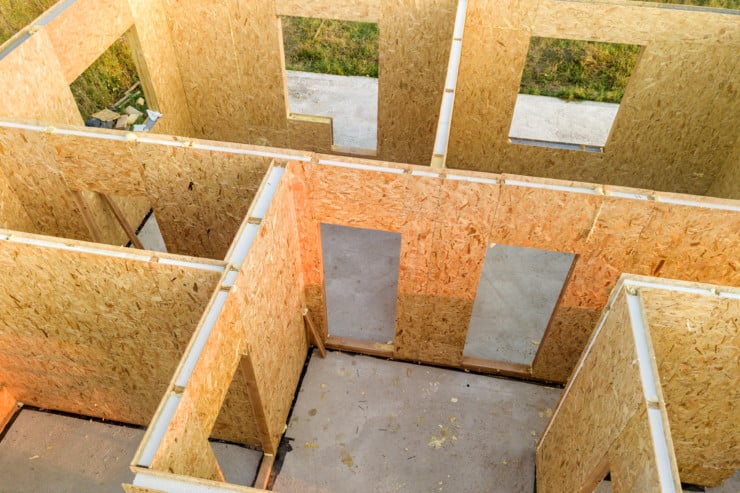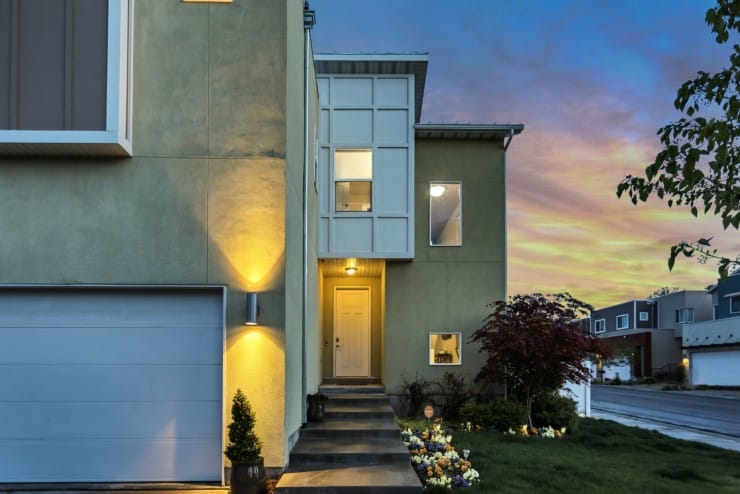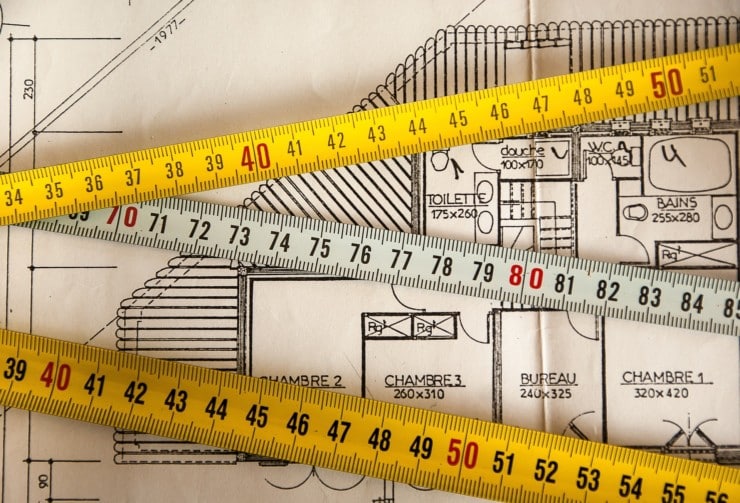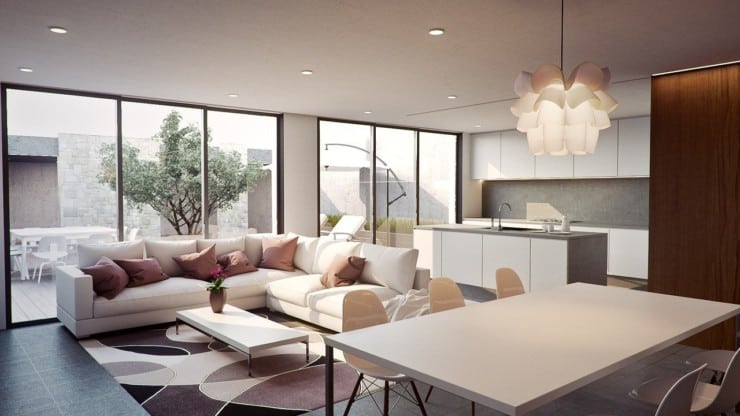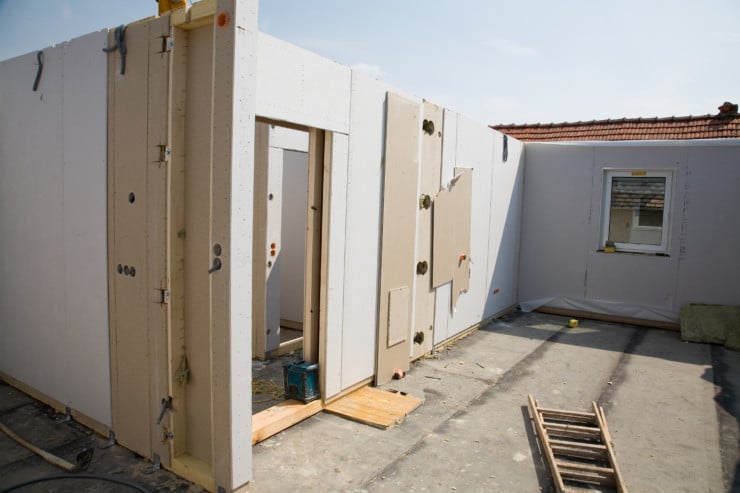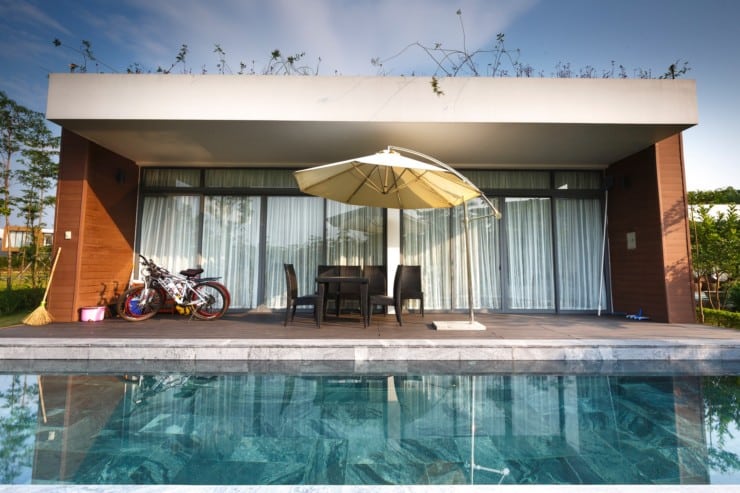Are Modular Home Prices Negotiable?
Due to the increasing population, a growing number of individuals are turning to modular homes. These are more cost-effective in terms of construction and upkeep compared to traditional homes, as well as being customizable to suit any lifestyle or preference.
But many people still wonder if modular home prices are negotiable.
Are Modular Home Prices Negotiable?
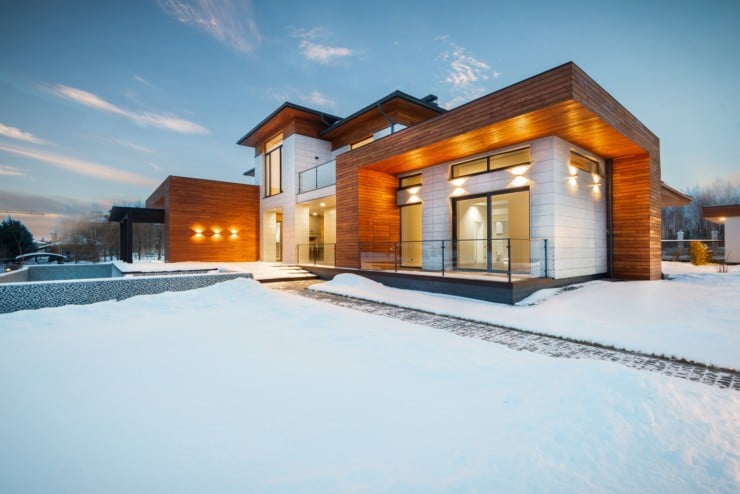
Yes, modular home prices are negotiable. Modular home builders are the most flexible and innovative in their field since they’ll work with you to create a custom house to fit your budget.
So if you’re interested in buying a modular home, be sure to ask about pricing options. You may find it surprising how much flexibility there is.
Modular homes are houses built in factories and later delivered to home sites. They’re made from prefabricated modules, which means they can be assembled quickly and easily.
Benefits
- Faster construction time: A modular home can be built in as little as two weeks, compared to months for a traditional home.
- Fewer damages during construction than traditional construction.
- Flexibility in the design options: Factories can design modular homes to fit any lifestyle or taste of the customer.
- Minimal environmental impact: Modular homes have a minor impact to the environment than traditional homes.
- Better quality control: The construction of a modular home is overseen by experts, ensuring that the quality of the home is top-notch.
- Modular homes are cheap and easy to maintain.
Disadvantages
- Modular homes must meet specific building codes, which are more stringent than traditional ones.
- Limited customization: Modular homes have limited customization options. If you want something outstanding, a modular home might not be the best option.
Factors That Affect the Negotiation Process
Since these homes are factory-built, certain factors will affect the negotiation process.
Complexity and Size of the Home
The complexity and size of the home will affect the price. A smaller, simpler home will be cheaper than a larger, more complex home.
Location
Homes built in rural areas or on large lots may cost more than homes built in urban areas or on small lots.
Customization
The more you want to customize your order, the higher its price. If you want the home to be designed specifically for your needs, the price will be higher than choosing a standard floor plan.
Timing
The time of year can also affect modular home prices. Most builders offer discounts in the winter months, so it may be cheaper to buy a modular home in January or February than in June or July.
The Company You’re Working With
Not all companies are equal; hence others will offer more features than others depending on the needs that suit you best. Some companies may be more willing to work with you on price than others.
Negotiating Skills
Good negotiating skills can also help you get a better price on your modular home.
Remember, it’s always best to be polite and respectful when bargaining for a lower price. You can walk away if the terms of the negotiation become too contentious.
If you show the company that you’re serious about buying a modular home, they will be willing to work on the price for you.
What Should You Be Aware of Before Signing on the Dotted Line?

When buying a modular home, there are some things you should be aware of before signing on the dotted line.
- Building codes: Ensure that the home meets all applicable building codes. You may have to pay to have the house retrofitted to meet code requirements if it doesn’t.
- Site preparation: The site where the modular home will be built must be prepared to accommodate the house. This may involve leveling the site, installing a foundation, and running utilities to the home site.
- Delivery and installation: The modular home must be delivered and installed by a qualified contractor. This may involve hiring a separate crew to do the installation work.
- Length of warranty: Most modular homes come with a limited warranty, usually one year. Be sure to read the contract before buying the home.
- Moving costs: If you decide to move your modular home, you will incur the charges of moving it. These costs can be pretty expensive, depending on the size and weight of the home.
- Building restrictions: Make sure that there are no restrictions on building a modular home in your area. Other areas have regulations that don’t allow the construction of modular homes.
- Maintenance: A modular home also requires regular maintenance to preserve its good condition. Be prepared to budget for annual maintenance costs.
Frequently Asked Questions
Does the Value of a Modular Home Depreciate?
The value of a modular home does not depreciate any more or less than the value of a site-built home.
In fact, many people find that modular homes appreciate value over time because they are built to such high standards.
What Are My Financing Options?
The financing process is also very similar, if not exactly what you would expect when purchasing site-built models.
Most banks and lending institutions offer the same options for both types of homes.
What’s the Similarity Between Stick-Built and Modular Homes?
The main similarity between stick-built and modular homes is that they are constructed using traditional building techniques.
However, modular homes are built in a factory setting under controlled conditions, which results in a higher level of quality and precision.
Can I Customize My Modular Home?
Yes, you can customize your modular home to meet your specific needs and preferences. Actually, the level of customization available is one of the main benefits of choosing a modular home.
Final Thoughts
Modular homes offer many advantages over traditional homes, including faster construction time, lower construction costs, less environmental impact, and better quality control.
While owning a modular home has its drawbacks, the benefits far outweigh them.


